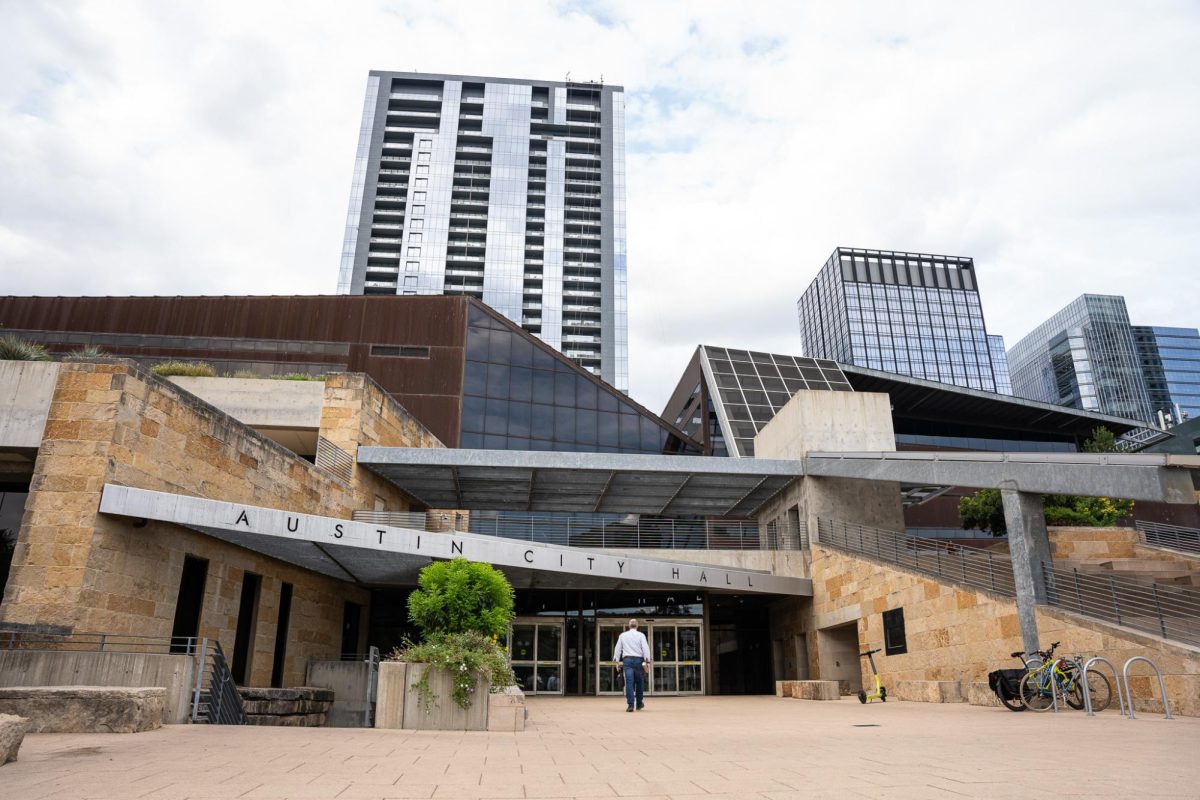Many residents of Southwestern Travis County rely on Trinity Aquifer for their water supply, but due to overpumping and lack of regulation, the water supply is rapidly declining, said a representative from the Hill Country Alliance.
Currently, eight groundwater conservation districts have been approved by the Texas Legislature and voters, and these distrcits currently manage Trinity Aquifer. During the Travis County General Election on Nov. 5, citizens will vote to decide whether to approve a ninth district in Southwestern Travis County Groundwater Conservation District. The Texas Legislature approved the creation of the district in 2017.
“Some form of management is really critical in order to make the resource last into the future,” said Charlie Flatten, water policy program manager for Hill Country Alliance.
The Trinity Aquifer extends across central and northeastern Texas, according to the Texas Water Development Board. The proposed district is meant to manage the groundwater in Trinity Aquifer that lies beneath Southwestern Travis County, according to a district factsheet.
In recent years, overpumping has occurred because many people have moved to the Hill Country and drilled water wells, said Brian Smith, principal hydrogeologist and aquifer science team leader for the Barton Springs Edwards Aquifer Conservation District. He said this problem is compounded with the little amount of surface water in the region.
The Texas Commission on Environmental Quality foresaw this issue 25 years ago after it conducted a study that identified areas of high population growth with limited groundwater supplies, Flatten said. The districts were created to manage groundwater, but because Southwestern Travis County was the last place to create a district, there was no systematic procedure for managing well drilling or pumping, he said.
The eight districts have had to make decisions on behalf of Southwestern Travis County because voters have yet to approve the proposed district, said Juli Hennings, a board member for the proposed Southwestern Travis County Groundwater Conservation District.
“One of the most important things that will happen once (the board that oversees the proposed district is) elected is that we will be able to have a vote at the table with our neighboring groundwater conservation districts,” Hennings said.
The challenge will be to enact rules and conservation measures to manage the Trinity Aquifer while looking for other water sources, Smith said.
“At some point with the growth we see this just cannot go on forever before we deplete all the aquifers,” Smith said.
Editor's Note: This article has been updated to more accurately reflect why the districts were created.





















